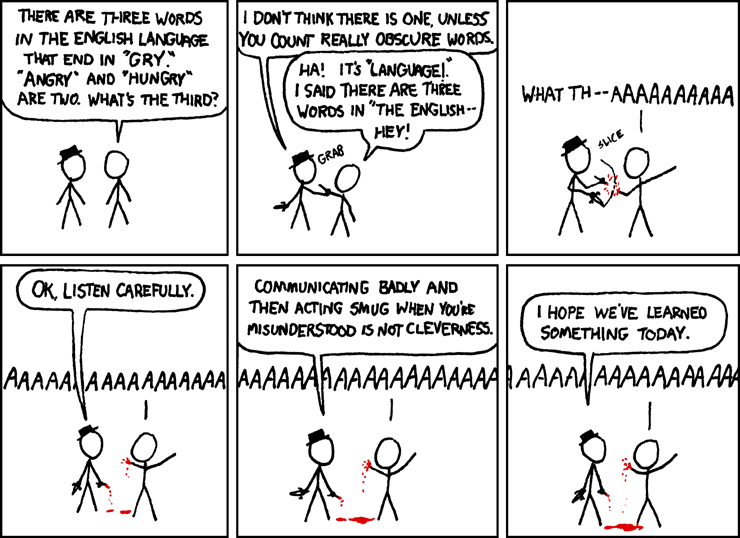With Flecks of Bleugh
I wasn’t expecting the sex scenes in Oɴʟʏ Rᴇᴠøʟᴜᴛɪᴏɴs, let me tell you.
Clearly subscribing to the concept that bizarrely worded depictions of sex (“goo, sog and drool”. Lovely.) designed to be quite the opposite of erotic are automatically classified as fine literature, Danielewski also wraps his sex scenes with deliciously disgusting filler (yes, I mean the gastrointestinal misfortune on page 50) and fast-paced, unintelligible conflict (that probably isn’t quite what the characters made it out to be), all presented ambiguously enough for it to be pretty obvious that this novel is supposed to be a work of art.
Period vernacular? New words formed from the bastard children of onomatopoeia and vocabulary even an avid reader would have trouble knowing all of? Weird coloration on every instance of the letter O? Wacky layout, formatting, and occasional letterrrrrrrr repetition? Deliberate misspellings (“allso”)? Don’t worry if it’s confusing; it’s literature!
The more a novel is touted as “literature”, the less likely it seems I’ll have a good time reading it. Danielewski’s Oɴʟʏ Rᴇᴠøʟᴜᴛɪᴏɴs has been an annoying read (surprise!), although it’s managed to grow on me ever since I realized I wasn’t supposed to be enjoying it. Not the story, at least, or the characters, or the work as a whole – but the experience of its presentation. Or something.
As much as I’ve been hating on Oɴʟʏ Rᴇᴠøʟᴜᴛɪᴏɴs, I have been enjoying the ebb and flow (if you will) of the text itself. The words of New Orleans, for instance (p. 74, “Flaky dough and shortbread crusts”; “Crepe hangers and Sugary tartlets”), carried with them imagery that I actually enjoyed (contrary to almost every other evocative portion of the book). I’ve always enjoyed rhythm and alliteration, which is certainly something Danielewski has a hold on.
I’ve also liked realizing how contradictory the two flip-flopping (ha ha) narratives are, both told from the perspective of smug-as-hell 16-year-olds that I’m pretty sure are both making everything up (an example of contrasting opinions: Sam’s gift of shoes around p. 55) I imagine that the juxtaposition of two perspectives would have been made all the better if I had read the book as it was intended (i.e. continuous rotation), but I read each 88-page chunk in one go instead of in segments. What a shame.
I’m no crazed arm-slicer, to be sure, but I think Danielewski’s overblown push for “wow, it’s literature!” in Oɴʟʏ Rᴇᴠøʟᴜᴛɪᴏɴs is going a little too far.
